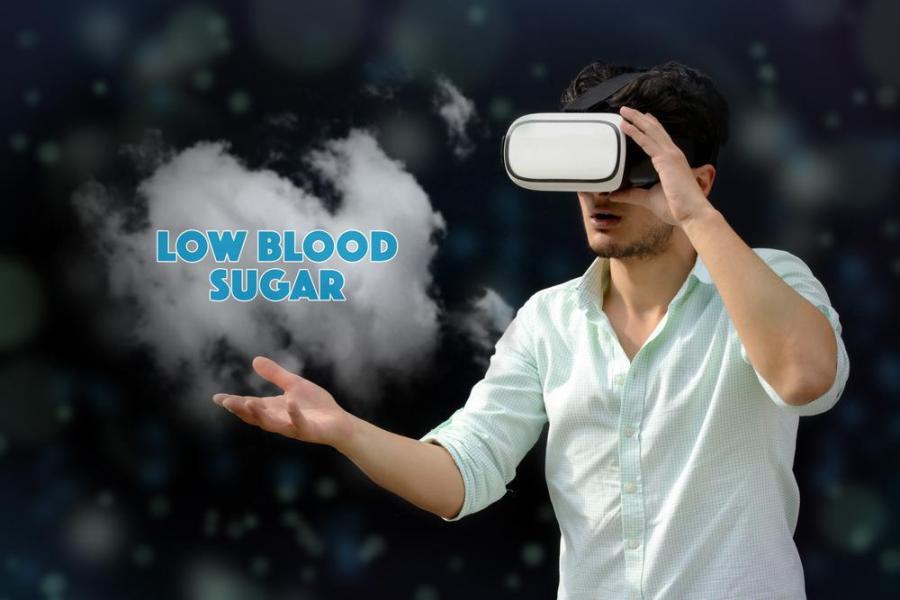
Causes, Symptoms and Treatment of Low Blood Sugar
Low blood sugar is known as hypoglycemia and occurs when the amount of sugar (glucose) in the blood is low. A blood sugar of less than 70mg/dl is considered abnormal or low. While people with diabetes are at higher risk for hypoglycemia, due to effects from diabetes medications, not all people who have hypoglycemia will have diabetes.
Causes of Low Blood Sugar
- Not enough food (glucose)
- Long periods of time between meals (>3-5 hours)
- Too much insulin
- Too much diabetes medications
- Strenuous exercise
- Illness
Normal Response to Low Blood Sugar
When the amount of sugar in the blood is low, the body will send signals to the pancreas indicating that the sugar is decreasing. The pancreas, in turn, signals the liver to break down the stored glucose in the liver and as a result blood sugar rises. In addition, physiological symptoms such as hunger and fatigue will be experienced, which is your body’s way of telling you that it is time to eat.
Symptoms of Low Blood Sugar
- Hunger
- Fatigue and drowsiness
- Confusion
- Dizziness
- Shakiness
- Rapid Heart rate
- Blurred vision
- Mood changes and Irritability
- In extreme cases of low blood sugar, the person may experience loss of consciousness or have seizures
Treatment for Low Blood Sugar:
To treat low blood sugar you should have sugar, or more specifically fast acting carbohydrates. The rule of 15 says to give 15 grams of carbohydrates then recheck blood sugar in 15mins. if blood sugar is still below 70mg/dl, consume another 15 grams of carbohydrates
Fast acting carbohydrates include
- 4oz fruit juice
- 6-7 hard candies
- 3-4 glucose tabs
- 1 cup of milk
In the case where the patient is not able to swallow, glucagon pen is used. 1mg will be given and then blood sugar will be checked after 15mins. If the blood sugar is still below 70mg/dl repeat with one more 1mg dose.
Science Begind Low Blood Sugar Level Explained
When the amount of sugar in the blood begins to decline a hormone called glucagon is released from the alpha cells in the pancreas and signals the liver to break down glycogen into glucose (referred to as glycolysis ) and release glucose into your bloodstream. This allows your body tocontinueg using glucose for energy until your next meal.
Glycogen that has been stored in the muscles can only be used as glucose in the muscle cells.
If you go too long between meals or exercise strenuously for a long period of time, the glucose stores in the liver will eventually be depleted. In this situation, the liver can create glucose from non-carbohydrate substances such as protein and fat in a process known as gluconeogenesis. However, this system is much less efficient.




